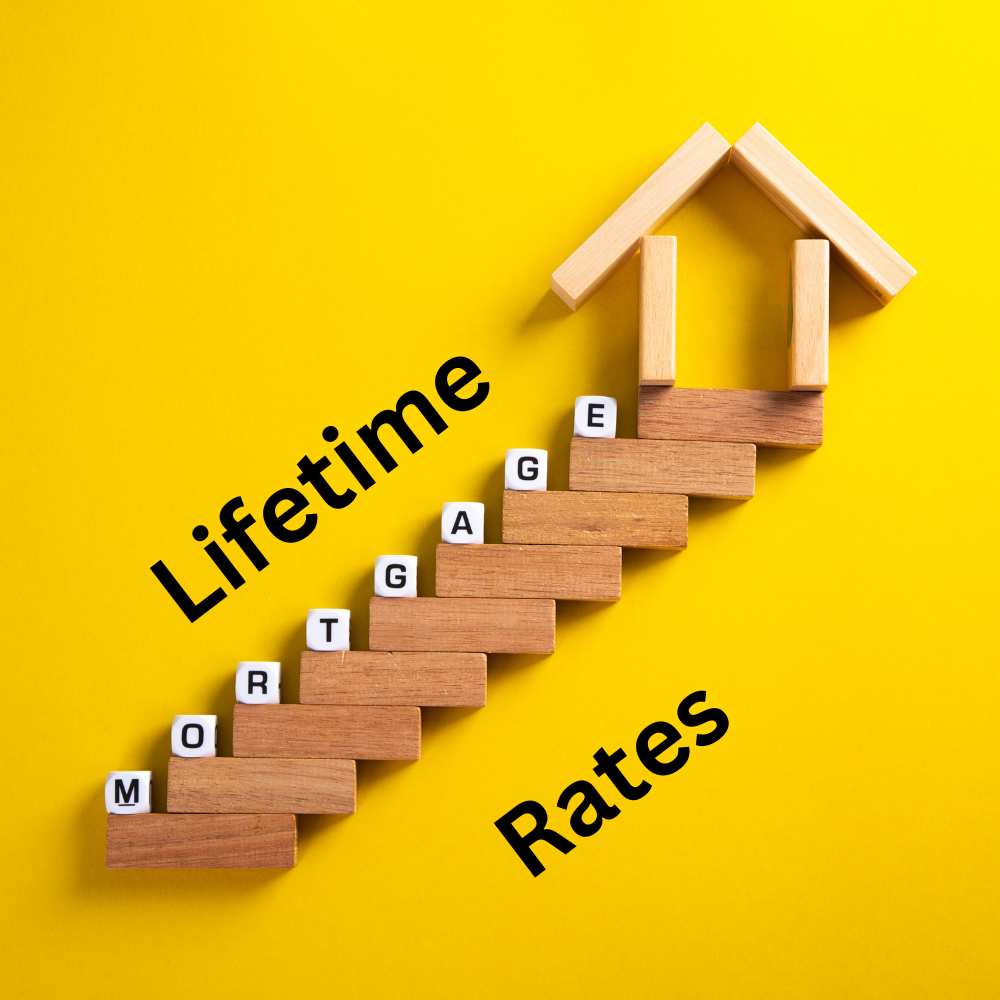
Lifetime mortgages are a popular option for homeowners approaching retirement, offering a way to tap into the equity of their homes without having to sell or move. This financial tool can provide a secure and comfortable retirement, but understanding how lifetime mortgage rates work and what to expect is crucial. This article will guide you through the intricacies of lifetime mortgage rates, helping you make an informed decision about your future.
What is a lifetime mortgage?
A lifetime mortgage is a long-term loan secured on a borrower’s home. Unlike a traditional mortgage, the homeowner does not make monthly repayments. Instead, the interest is added to the loan, and the entire amount is repaid when the homeowner either passes away or moves into long-term care. This allows retirees to benefit from the equity in their homes without needing to downsize.
Understanding lifetime mortgage rates
The rate of interest charged on a lifetime mortgage, known as the lifetime mortgage rate, is a critical component of this type of loan. There are two main types of lifetime mortgage rates: fixed rates and variable rates.
Fixed rates: A fixed lifetime mortgage rate means the interest rate will remain the same throughout the loan term. This provides stability and predictability, allowing you to know exactly how much the loan will cost over time.
Variable rates: A variable lifetime mortgage rate can change over time, usually in line with market interest rates or an index. These rates can go up or down, which can affect the total amount you owe at the end of the loan term.
Factors influencing lifetime mortgage rates
Several factors can influence the rates offered by lenders, including:
Age: Typically, the older you are, the more equity you can release from your home, which can affect the interest rate.
Property value: The value of your property can also influence the rate, with higher value properties often attracting lower rates.
Health and lifestyle: Some lenders offer enhanced lifetime mortgages for those with certain health conditions or lifestyle habits, which can result in lower rates.
Market conditions: Broader economic conditions and the Bank of England’s base rate can influence variable lifetime mortgage rates.
What to expect
When considering a lifetime mortgage, it’s important to understand that the interest on the loan compounds over time. This means that the amount you owe can grow quickly, especially if you live for many years after taking out the loan.
It’s also crucial to consider the impact of a lifetime mortgage on your estate. Since the loan and accumulated interest are repaid from the sale of your home after you pass away or move into care, there may be less to leave as an inheritance.
Nevertheless, lifetime mortgages can provide a valuable financial lifeline for retirees, offering a way to access the wealth tied up in their homes without needing to move.
Before making a decision, it’s advisable to speak to a financial advisor who can explain the implications of lifetime mortgage rates and help you determine if this type of loan is the best option for your circumstances.
Conclusion
Understanding lifetime mortgage rates is key to making a well-informed decision about your retirement. While this type of loan can provide financial relief, it’s essential to consider the potential implications carefully. By doing so, you can make the best choices for your future, securing comfort and stability during your retirement years.
Related articles:
